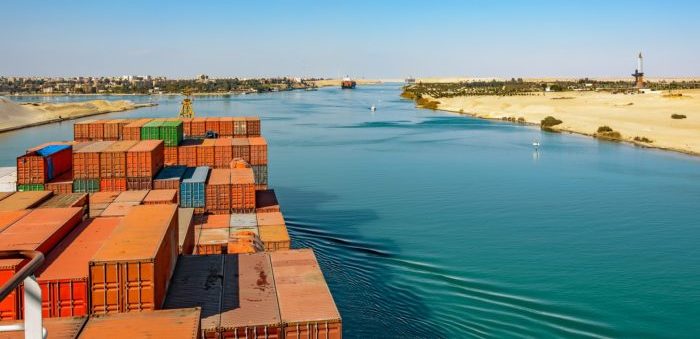The Suez canal, connecting the Red Sea to the Mediterranean Sea, has created a direct shipping route between the East and the West. However, over the years, the invasive species have increased the risk of extinction for native marine life, while they have also changed the Mediterranean ecosystem with potentially devastating consequences, according to scientists.
Invasive species have increased significantly since Egypt doubled its capacity in 2015 with the New Suez Canal, raising alarm in Europe. Now, Bella Galil, an Israeli marine biologist, claims that the ecological damage cannot be reversed.
As she explained, invasive fish and crustaceans are located in warming water temperatures, and they are rapidly spreading toward European shores. For this reason, further action is necessary to tackle its long-term impact.
In fact, invasive species have more than doubled over the last 30 years. This ”invasion” is now reaching as far as Spain, with European countries taking note.
According to Ms. Galil, the new species have dramatically restructured the ecosystem, putting in danger local species.
In order to address this challenge, Egypt has chosen Qatari-funded desalination plants to be built along the canal, the first of which is expected to open later this year. The brine output of the plants could be directed into the canal to create a salinity barrier, that could redirect the flow of species from south to north.



























































